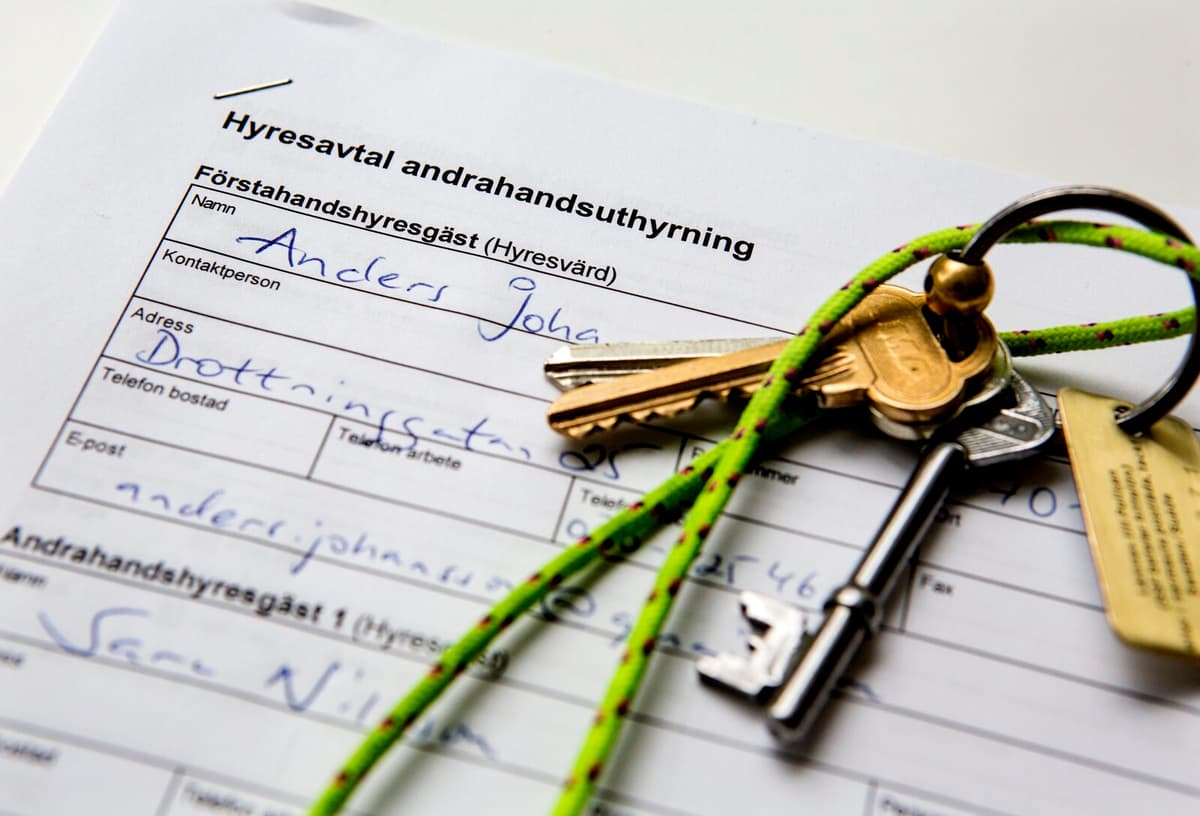The police notice that fraud related to housing ads increases just in time for the admission period for universities and colleges.
Where, when and what should you react to? Charlotta Mauritzson, national coordinator at the National Fraud Centre with the police, gives tips in housing search.
Where do ad frauds most often occur?
Buy-and-sell home pages. Social media, for example on Facebook.
What can you do before you start looking through housing ads?
Get to know the market you are entering. What is the price level where you are looking for housing?
Remember: Even if there are pictures of the housing, it does not mean that the person behind the post has any connection to it.
What are the warning signals to react to?
If the person tries to stress you into entering into an agreement. It may be about you signing a contract or making a prepayment directly.
That the person does not give the opportunity to meet or view the housing.
That any deposit or prepayment goes to a person other than the stated landlord.
If the housing owner cannot show that they have permission to rent out the housing.
If the person sends links to different websites, you should check that they match when you search for them.
What can you do to ensure that you do not get cheated?
Never send money before you have an agreement and in some way seen the housing.
Bring a relative or friend when you are going to a housing viewing.
Check that it matches who currently lives at the address.
Make sure that the person who is to receive payment is the one who owns the housing.
What should you do if you suspect that you have been subjected to fraud?
Contact your bank, as they have the best opportunity to stop transactions.
Make a police report.
Do not send more money until you are sure that you have not been cheated.






